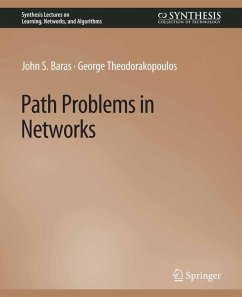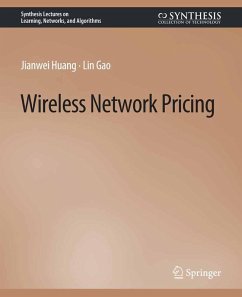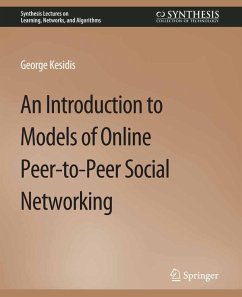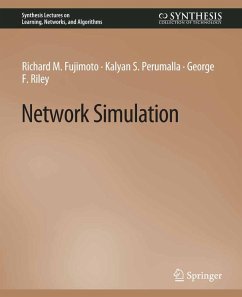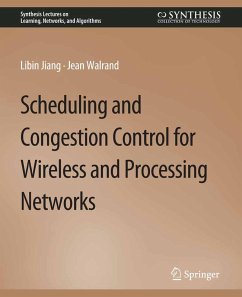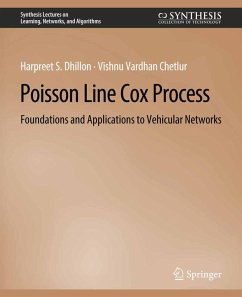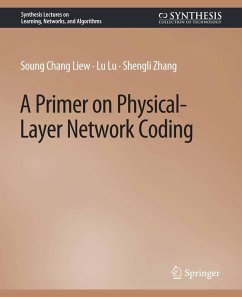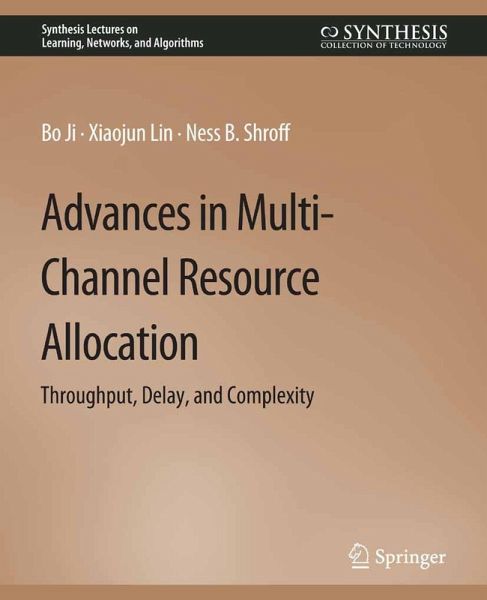
Advances in Multi-Channel Resource Allocation (eBook, PDF)
Throughput, Delay, and Complexity
Sofort per Download lieferbar
Statt: 37,44 €**
28,95 €
inkl. MwSt.
**Preis der gedruckten Ausgabe (Broschiertes Buch)
Weitere Ausgaben:

PAYBACK Punkte
14 °P sammeln!
The last decade has seen an unprecedented growth in the demand for wireless services. These services are fueled by applications that often require not only high data rates, but also very low latency to function as desired. However, as wireless networks grow and support increasingly large numbers of users, these control algorithms must also incur only low complexity in order to be implemented in practice. Therefore, there is a pressing need to develop wireless control algorithms that can achieve both high throughput and low delay, but with low-complexity operations. While these three performanc...
The last decade has seen an unprecedented growth in the demand for wireless services. These services are fueled by applications that often require not only high data rates, but also very low latency to function as desired. However, as wireless networks grow and support increasingly large numbers of users, these control algorithms must also incur only low complexity in order to be implemented in practice. Therefore, there is a pressing need to develop wireless control algorithms that can achieve both high throughput and low delay, but with low-complexity operations. While these three performance metrics, i.e., throughput, delay, and complexity, are widely acknowledged as being among the most important for modern wireless networks, existing approaches often have had to sacrifice a subset of them in order to optimize the others, leading to wireless resource allocation algorithms that either suffer poor performance or are difficult to implement. In contrast, the recent results presented inthis book demonstrate that, by cleverly taking advantage of multiple physical or virtual channels, one can develop new low-complexity algorithms that attain both provably high throughput and provably low delay. The book covers both the intra-cell and network-wide settings. In each case, after the pitfalls of existing approaches are examined, new systematic methodologies are provided to develop algorithms that perform provably well in all three dimensions.
Dieser Download kann aus rechtlichen Gründen nur mit Rechnungsadresse in A, B, BG, CY, CZ, D, DK, EW, E, FIN, F, GR, HR, H, IRL, I, LT, L, LR, M, NL, PL, P, R, S, SLO, SK ausgeliefert werden.




